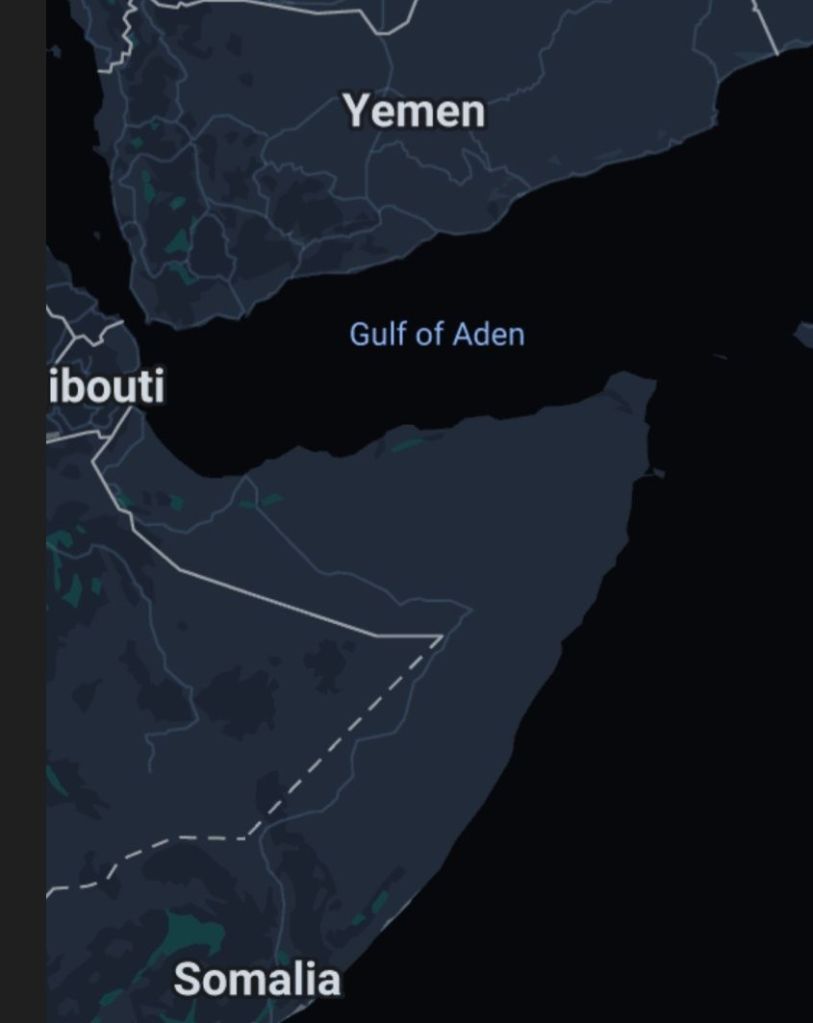Can Somalia Survive Without External Assistance Amid a Shifting Global Order?
The world is undergoing a seismic shift in political and economic dynamics. The Western world, once seen as the pillar of global stability and prosperity, is now facing growing internal crises—economic stagnation, political division, and declining global influence. The prolonged Ukraine war has exposed both the financial and strategic limits of Western countries. As the war drains Western resources and patience, there are signs that donor fatigue is setting in, with implications far beyond Europe. For countries heavily reliant on external aid—such as Somalia—the question arises: can they survive if Western donor-related assistance disappears?
The Current State of External Assistance in Somalia
Somalia has depended for decades on foreign aid for humanitarian relief, peacekeeping, health, education, and infrastructure development. Organizations like the United Nations, USAID, the European Union, and various NGOs have played a pivotal role in helping Somalia manage crises, from famine to conflict. The African Union Transition Mission in Somalia (ATMIS, now AUSSOM), supported largely by Western donors, has been central in fighting al-Shabaab and maintaining fragile stability.
Yet, this aid has often come with challenges—dependency, corruption, lack of long-term strategy, and donor-driven priorities that do not always align with Somali realities. Nonetheless, external assistance has been a lifeline, particularly in times of drought, displacement, and terrorism.
The Cracks in Western Commitment
The war in Ukraine has drained Western treasuries and political focus. Billions of dollars are being poured into military support and humanitarian relief for Ukraine. As inflation rises and domestic social needs intensify, Western voters and governments are increasingly questioning the wisdom of funding faraway conflicts or humanitarian missions. Aid budgets are being cut, peacekeeping missions are being downsized, and “aid fatigue” is becoming more pronounced. Somalia and many other aid-dependent nations risk falling off the global priority list.
Moreover, geopolitical shifts—such as rising nationalism in the West, growing distrust in global institutions, and new power centers like China and the Gulf states—are reshaping aid dynamics. Western hegemony is fading, and with it, the old models of humanitarianism may disappear.
Can Somalia Survive Without Western Aid?
The short answer is: not easily—but not necessarily forever.
Challenges:
1. Security: The Somali government still lacks the military strength to confront al-Shabaab without support. A withdrawal or reduction of external funding for ATMIS could create a security vacuum.
2. Humanitarian Crises: Climate shocks, displacement, and food insecurity would likely worsen without donor-backed relief programs.
3. Economic Stability: Somalia’s economy is fragile, heavily reliant on remittances, livestock exports, and foreign assistance. A sudden aid cut could trigger economic collapse in some sectors.
4. Institutional Fragility: Government institutions remain underdeveloped and often lack the capacity to fill the gap left by international agencies.
Opportunities for Survival:
1. Regional and Islamic World Support: Turkey, Qatar, and the UAE have increasingly stepped in with investment and development aid, often without the heavy political strings attached by the West.
2. Diaspora Power: The Somali diaspora sends over $1.3 billion annually—this remittance economy is resilient and could be a foundation for a more independent financial future.
3. Self-Reliance Movement: With the right leadership and vision, Somalia could harness local entrepreneurship, build agricultural self-sufficiency, and reform governance to reduce dependency.
4. Alternative Alliances: A multipolar world may allow Somalia to diversify its partnerships—China, the Gulf, or even African regional blocs may become more influential players.
The Path Forward: From Survival to Sovereignty
Somalia must begin preparing for a post-Western aid world. That means investing in local governance, encouraging private sector growth, building domestic revenue systems, and enhancing regional cooperation. Civil society, the business community, and the diaspora must be empowered to play larger roles. External aid, if it continues, should shift from emergency response to capacity building.
The West’s decline may be a wake-up call—a painful but necessary turning point that forces Somalia to embrace a new era of self-determination. Survival is not guaranteed, but with strategic planning, Somalia can pivot from fragile dependence to resilient independence.
END
Ismail Haji Warsame | Chief of Staff of President Abdullahi Yusuf | Warsame Digital Media (WDM) | X: @ismailwarsame


COMMENTS